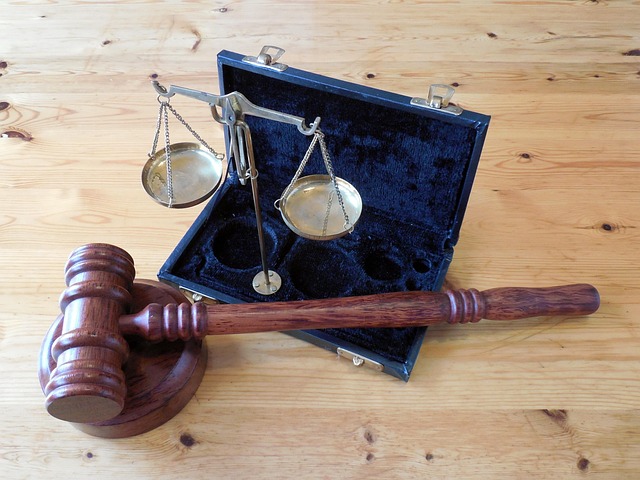Understanding slip and fall compensation deadlines is crucial, with time limits varying by jurisdiction (typically 1-3 years). Failure to file within this period can bar legal rights. Key factors include jurisdiction, case complexity, and injury severity. Prompt action is essential; gather documentation like medical records, police reports, and witness statements. Consult a qualified personal injury attorney who specializes in slip and fall cases to ensure timely paperwork submission and maximize compensation chances.
Missing a deadline can be devastating in slip and fall cases, leading to lost compensation. This article guides you through navigating the crucial filing deadlines for slip and fall compensation claims. We break down key factors influencing these timelines and offer strategic tips to ensure your claim is submitted on time. Understanding these deadlines is essential to securing the justice and financial support you deserve following a slip and fall accident.
- Understanding Filing Deadlines for Slip and Fall Claims
- Key Factors Affecting Deadline Calculation
- Strategies to Ensure Timely Compensation Submission
Understanding Filing Deadlines for Slip and Fall Claims

Understanding Filing Deadlines for Slip and Fall Claims
In the world of slip and fall compensation claims, knowing and adhering to filing deadlines is crucial. These time limits vary by jurisdiction but generally range from one to three years from the date of the accident. Failure to file within this period can result in a loss of your legal right to pursue slip and fall compensation. This is because each state has its own laws and procedures for personal injury claims, including specific statutes of limitations that dictate how long a plaintiff has to take legal action after an incident.
When navigating a slip and fall compensation claim, it’s essential to consult with a qualified personal injury attorney who can guide you through the complexities of the law in your area. They can ensure that all necessary paperwork is submitted accurately and on time, protecting your interests throughout the process. Moreover, if there’s an insurance coverage dispute, your attorney can assist in negotiations or legal actions to secure the accident compensation you deserve.
Key Factors Affecting Deadline Calculation

When determining deadlines for slip and fall compensation claims, several key factors come into play. The primary consideration is usually the jurisdiction in which the incident occurred, as each region has its own legal time frames for filing personal injury suits. These laws are designed to ensure that cases are heard promptly while also providing adequate time for investigation and evidence gathering.
Other significant factors include the complexity of the case and the severity of the injuries sustained. In cases involving severe auto accident injuries or truck accident injuries, where medical treatment is extensive and ongoing, courts may show leniency in granting extensions. Additionally, if the claimant faces unique challenges in accessing legal representation or gathering necessary documentation, these circumstances can also impact deadline calculations.
Strategies to Ensure Timely Compensation Submission

When pursuing slip and fall compensation, timing is paramount. The first step is to gather comprehensive documentation, including medical records detailing your injuries from auto accident injuries or other related incidents, as well as any police reports or witness statements. This foundation is crucial for building a strong case.
Next, consult with an experienced accident lawyer who specializes in slip and fall cases. They can provide strategic guidance tailored to your circumstances. Your attorney will then compile all the necessary paperwork and ensure it’s submitted within the legal timeframe. Remember, many jurisdictions have strict deadlines for filing compensation claims, so acting promptly is key to maximizing your chances of receiving fair and timely slip and fall compensation.
When it comes to slip and fall compensation claims, understanding and adhering to filing deadlines is paramount. By recognizing key factors influencing deadline calculations and employing strategies to ensure timely submission, individuals can navigate the legal process more effectively. Timely claims not only increase the likelihood of a positive outcome but also demonstrate respect for the legal system and the rights of all parties involved.






